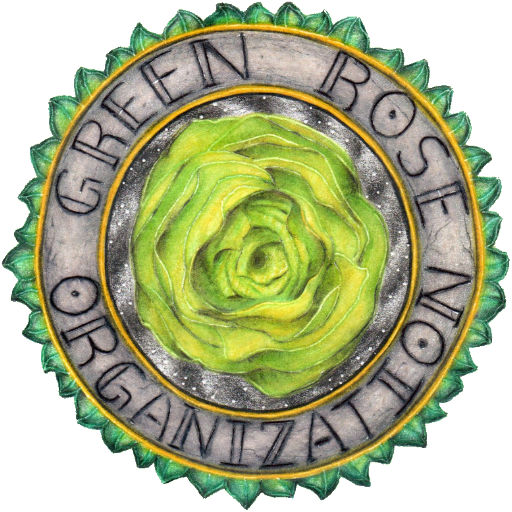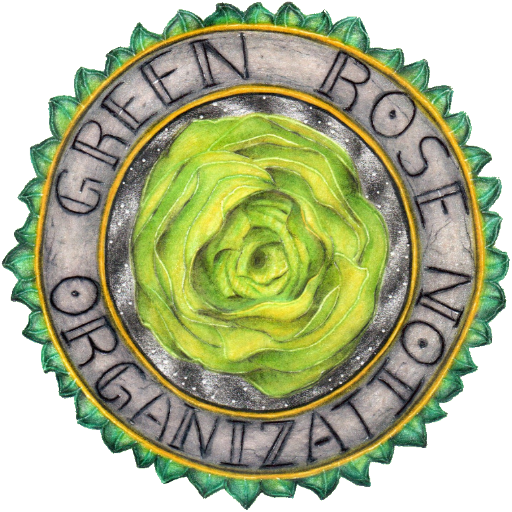Doctrine of Environmental Stewardship
The Doctrine of Environmental Stewardship is a comprehensive framework that emphasizes the responsibility of individuals, communities, and governments to protect and preserve the natural environment for current and future generations. It encompasses the following key principles:
- Recognition of Interconnectedness: Acknowledging that all living beings and ecosystems are interconnected, and that human actions have far-reaching impacts on the environment.
- Sustainable Resource Management: Promoting the sustainable use of natural resources, ensuring that they are utilized in a way that meets present needs without compromising the ability of future generations to meet their own needs.
- Biodiversity Conservation: Protecting the variety of life on Earth, including ecosystems, species, and genetic diversity, recognizing that biodiversity is essential for ecosystem resilience and human well-being.
- Pollution Prevention: Committing to reducing pollution in all forms—air, water, and soil—through responsible practices, regulations, and technologies that minimize harmful emissions and waste.
- Climate Action: Taking proactive measures to combat climate change by reducing greenhouse gas emissions, promoting renewable energy sources, and fostering adaptation strategies to mitigate its impacts.
- Restoration of Ecosystems: Engaging in efforts to restore degraded ecosystems, rehabilitate natural habitats, and enhance the health of the environment through reforestation, wetland restoration, and other initiatives.
- Education and Awareness: Promoting environmental education to raise awareness about ecological issues, encouraging individuals and communities to adopt sustainable practices and make informed choices.
- Community Involvement: Encouraging local communities to participate in environmental stewardship initiatives, fostering a sense of ownership and responsibility towards their natural surroundings.
- Ethical Responsibility: Recognizing the moral obligation to protect the environment, not only for human benefit but also for the intrinsic value of nature and the rights of future generations.
- Policy Advocacy: Supporting policies and legislation that promote environmental protection, sustainability, and conservation at local, national, and global levels.
- Collaboration and Partnership: Fostering collaboration among governments, NGOs, businesses, and communities to address environmental challenges collectively and effectively.
- Cultural Respect: Valuing and integrating traditional ecological knowledge and practices of indigenous peoples and local communities in environmental stewardship efforts.
- Holistic Approach: Understanding that environmental issues are interconnected with social, economic, and cultural factors, and addressing them through a holistic lens.
- Long-term Vision: Committing to long-term environmental goals that prioritize the health of the planet and its inhabitants over short-term gains.
- Accountability and Transparency: Ensuring that individuals, organizations, and governments are held accountable for their environmental impact and that there is transparency in environmental decision-making processes.
This doctrine serves as a guiding principle for individuals and societies to foster a sustainable relationship with the Earth, ensuring that natural resources are preserved and protected for the benefit of all living beings and future generations.
FOLLOW/JOIN/SUPPORT THE GREEN ROSE 2026 DEMOCRATIC CAMPAIGN :





